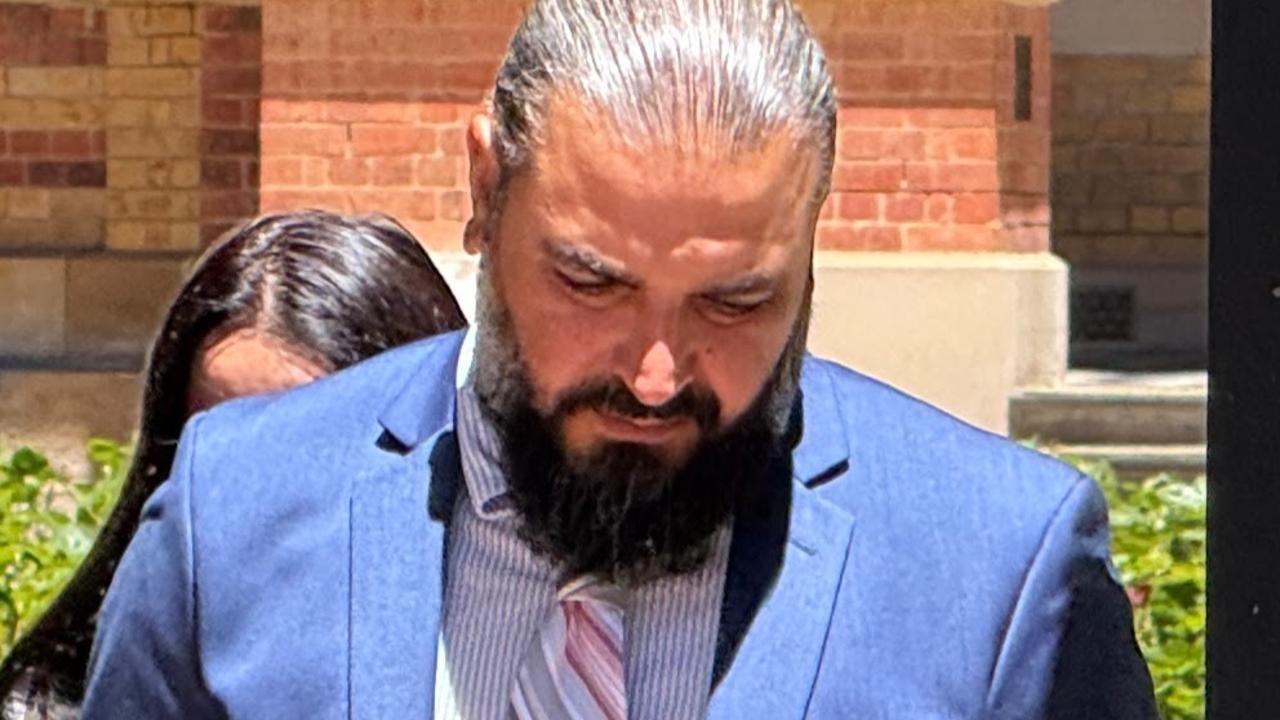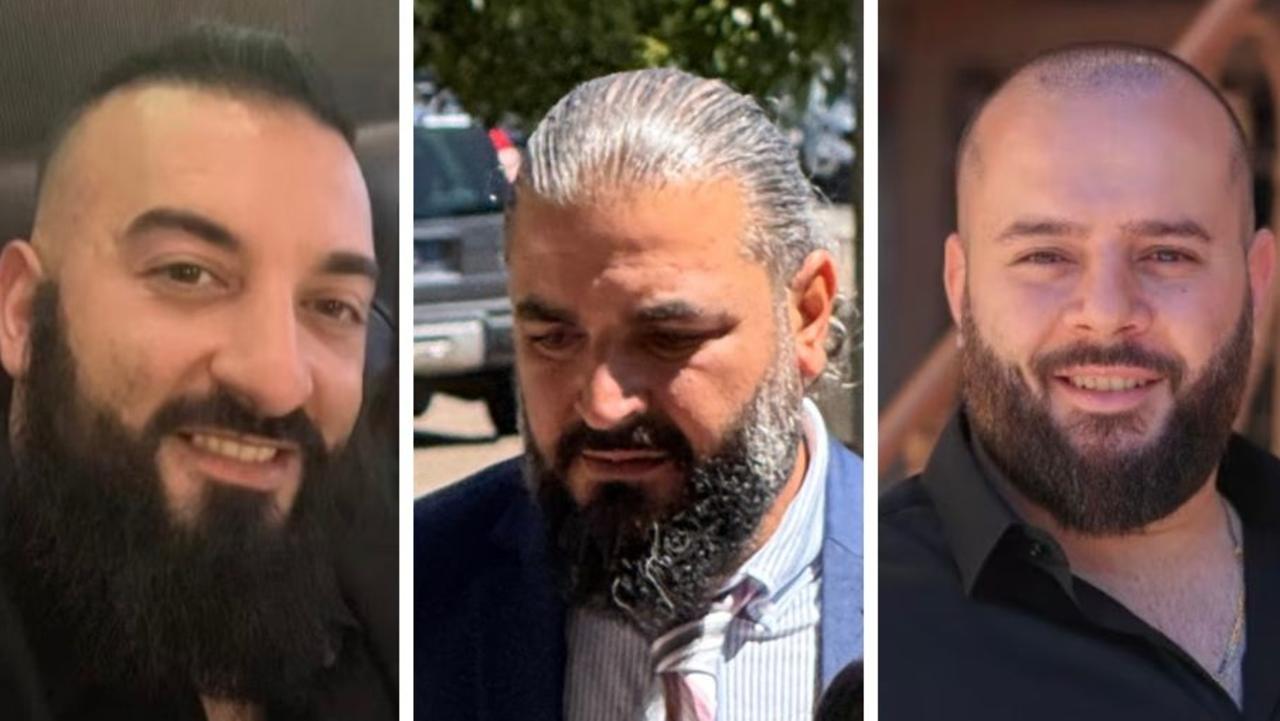Wingecarribee Shire Council public inquiry: region labelled ‘basket case’ due to ‘childish’ councillors
The public inquiry has heard the behaviour of councillors – slammed as “worse than primary school children” – was responsible for a lack of economic opportunities in the Southern Highlands.
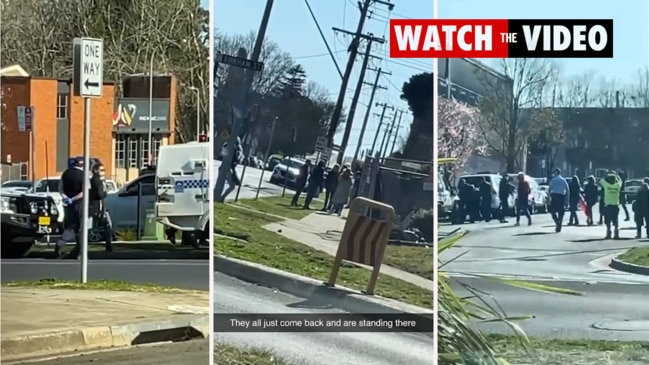
The Bowral News
Don't miss out on the headlines from The Bowral News. Followed categories will be added to My News.
The public inquiry has heard the behaviour of councillors – slammed as “worse than primary school children” – was responsible for a lack of economic opportunities in the Southern Highlands.
The public inquiry into the dysfunction at Wingecarribee Shire Council continued into its third day at the Moss Vale Civic Centre on Wednesday, with three residents describing the damaging effect of the “toxic” council.
Mark Bourne, the founder of the Southern Highlands Food and Wine Association and the current President of New South Wales Wine Industry Association, said the council’s failure to engage stakeholders and communicate effectively meant the region was seen as a difficult area to invest in for new businesses or those looking to expand.
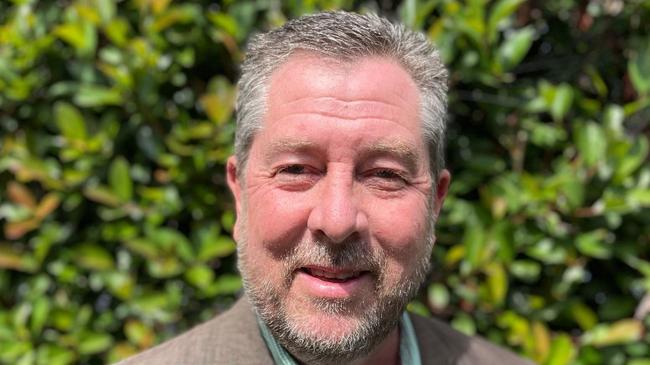
In particular, he said the “personal conflicts” between councillors created an inconsistent environment where applicants had to play politics.
“Investment or funding of activities here, you know, is a continual issue because of conflict,” he said.
According to Mr Bourne, the absence of an overarching economic development plan for two years created a lot of uncertainty and concern for local industries. The industry titan said the Draft Destination Management Plan finally proposed by council was “devoid” of any key performance indicators, targets, milestones and other important information that would indicate how the plan would be implemented and whether it was effective.
The plan, which Mr Bourne said was riddled with factual inaccuracies and mistakes, was met with “many, many concerns” and “bitter disappointment” by local business and industry sectors.
Instead of acknowledging the issues raised, Mr Bourne said the council made minor adjustments and reclassified the document.
“I think, in my personal summary, to rename it a strategy document and not a plan was a fairly poor response to industry‘s submissions,” he said.
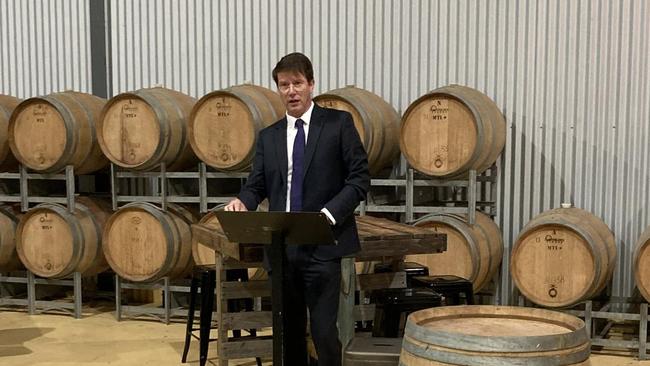
“I think (the council) stopped listening to a certain extent, and it was becoming more difficult to provide input and feedback into the plans and strategies for tourism and economic development in this region.”
The lack of certainty or transparency about the council’s priorities meant new industry and businesses were wary of setting up in the Shire, according to the founder and former President of the Southern Highlands Food and Wine Association.
“It becomes difficult for the existing businesses in the area to confidently invest and grow … the major concern among most was that it was becoming difficult to attract new industry and new business and new investment to the region because basically the region was seen as a basket case,” he said.
He noted a state funded Berrima bypass project was so mishandled that some of the funding had to be returned to the NSW government without completing the project.
Additionally, Mr Bourne said the lack of an overriding economic plan for the Shire meant there was no affordable housing and a lack of transport infrastructure to attract staff (particularly in tourism).
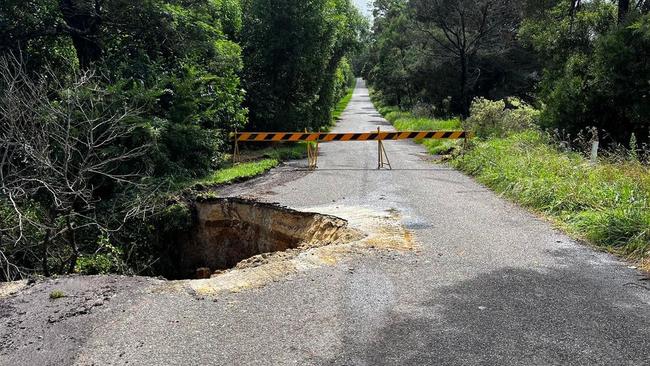
He said the conflicts between councillors also leached into the basic functions of council like the processing of development applications.
“There were personal conflicts between elected councillors that weren‘t productive, they were not in the best interests of our community,” he said.
“The DA process was a real challenge in this shire, and unfortunately it became too political and wasn‘t based on facts or regulations.”
Mr Bourne told the inquiry he’d heard suspended Mayor Duncan Gair telling an individual “Well, you know, I just didn‘t like that DA of yours” when asked why a compliant development was refused.
As well as stagnating economic opportunities, the public inquiry heard the “aggressive” and “bullying” behaviour of councillors destabilised the credibility of the organisation and its decisions.
President of Friends of Bowral, Jan Wilson, said she’d been “abused” and “told I had no right to speak to people” during a coincidental interaction with the councillors while walking her dog. She said the councillors were “less than civil”.
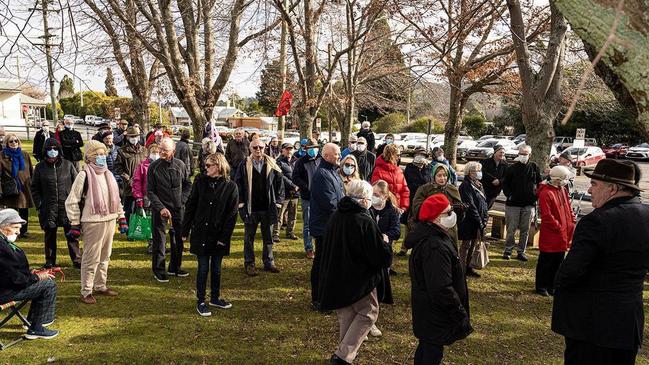
“Their behaviour was worse than primary school children would have been,” she said.
“There were aggressive tactics used, there was bullying in my opinion.”
Ms Wilson said the behaviour became especially apparent when she received a letter “attacking my husband” for writing letters to councillors in opposition to the controversial Station St project.
She said a brief email from a councillor reinforced her view the councillors were “unparliamentary”. In documents tendered to the inquiry, an email from Peter Nelson reads “And I am the one with the VOTE so u (sic) don‘t count.”
Ms Wilson told the inquiry she believed the email was from Councillor Peter Nelson who had received an email from her husband earlier that same day.
She said Cr Nelson was not the only offender, and cited a council meeting where former Councillor Gordon Markwart picked up the gavel and told residents opposed to the Station St bypass: “I have the gavel and I know how to use it”.
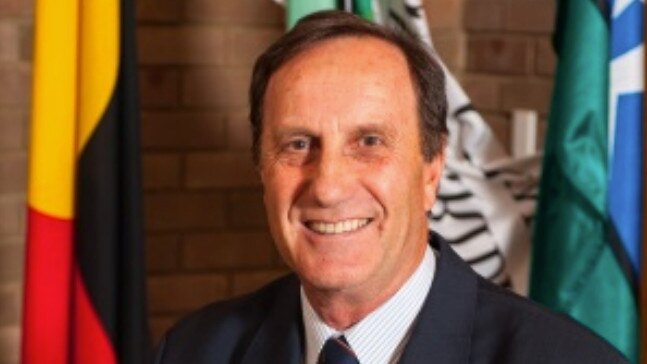
“It was a threat,” she said.
Instead of consulting and engaging with the community, Ms Wilson said she had the impression the council decisions were predetermined by the united block of eight councillors (excepting Councillor Ian Scandrett).
“Councillor Gair particularly, I think, would refer to the public as being obstacles,” she said.
“(Regarding the Station St project) he had no intention of backing down from his position that this was going to go ahead no matter what the public wanted.”
The public inquiry heard the councillor’s dysfunctional behaviour prevented residents from speaking up about important matters.
Founder of former community group Highlands Matters, Alan Olsen, said the bullying and harassment from councillors eventually wore him down until he disengaged with local issues.
After he spoke at a council meeting on February 14, 2018 (which he labelled “a massacre”) in opposition to the Station St bypass, Mr Olsen said councillors “had ganged up” and ignored the criticisms.
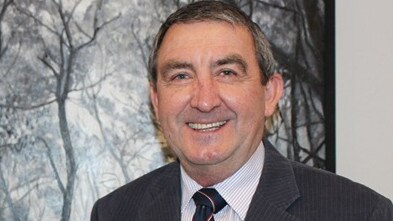
“I and Highlands Matters were just belittled, humiliated,” he said.
“Constantly we were told that we were telling porky pies, that we were lying, untrue tales of lies … after I‘d spoken that was what a number of the councillors consistently said.”
According to Mr Olsen, Cr Scandrett told him that he was reviled at council and sent him messages which read: “Council hates you … Councillors’ hatred is vitriolic … You may attend the media conference but stand at the back, do not say anything.”
Mr Olsen emphasised the councillors’ bad behaviour was not only reserved for local dissidents but also expended on each other.
“Consistently they shouted out at each other, they interrupted each other, they constantly did points of order … it was a full-on attack,” he said.
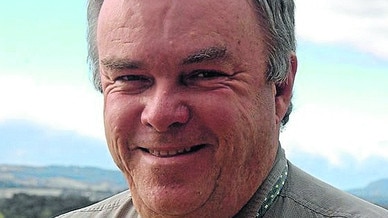
Despite his interest in local issues and affairs, Mr Olsen said the acrimony caused him to withdraw from involvement in community advocacy.
“Simply from all my experience of dealing with council, the conduct of councillors was appalling,” he said.
“A culture in council that was totally unresponsive, a council that simply did not listen.”
The former and suspended councillors will be called to testify before the public inquiry in the third week of the inquiry from April 11 to retort.




